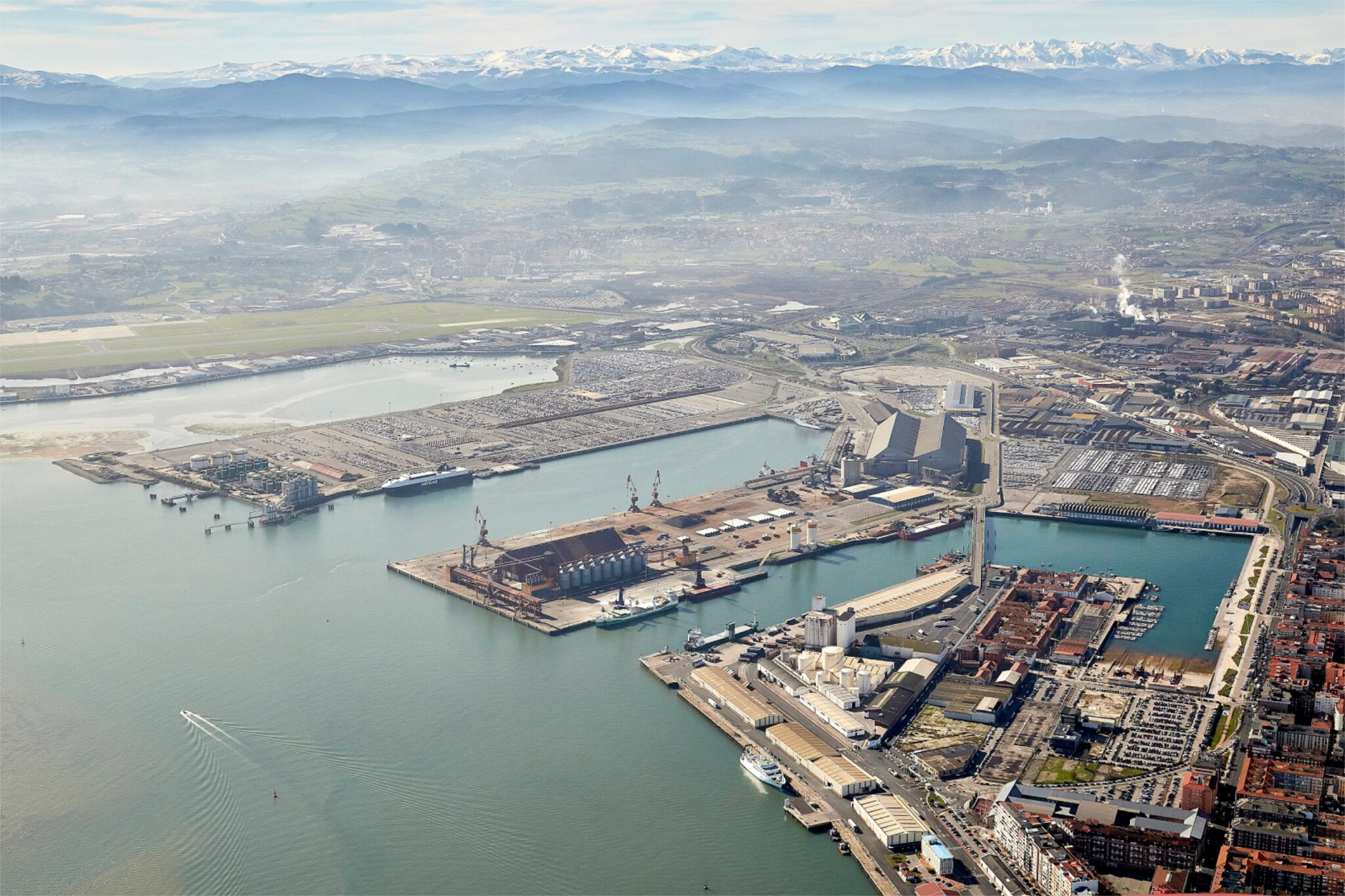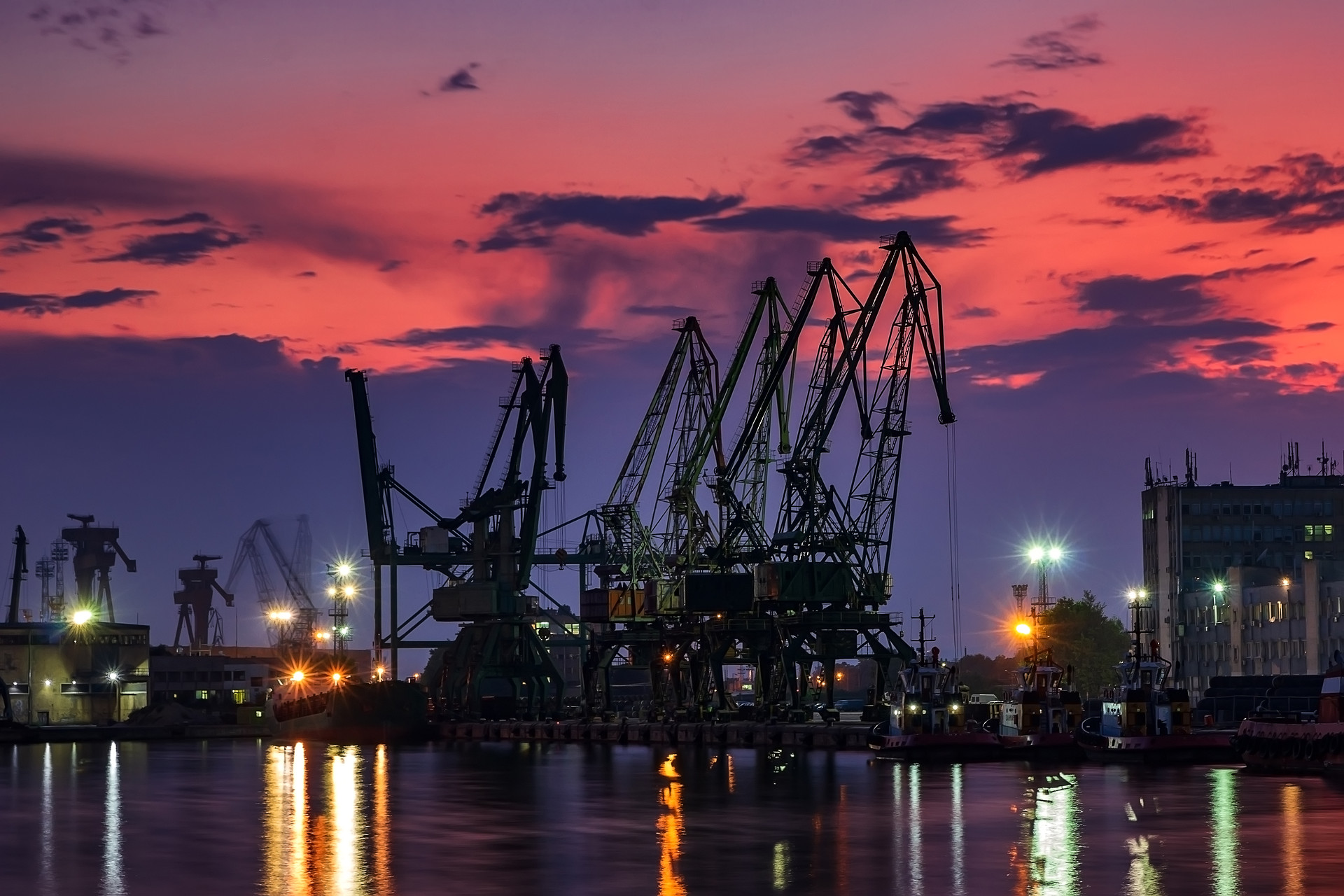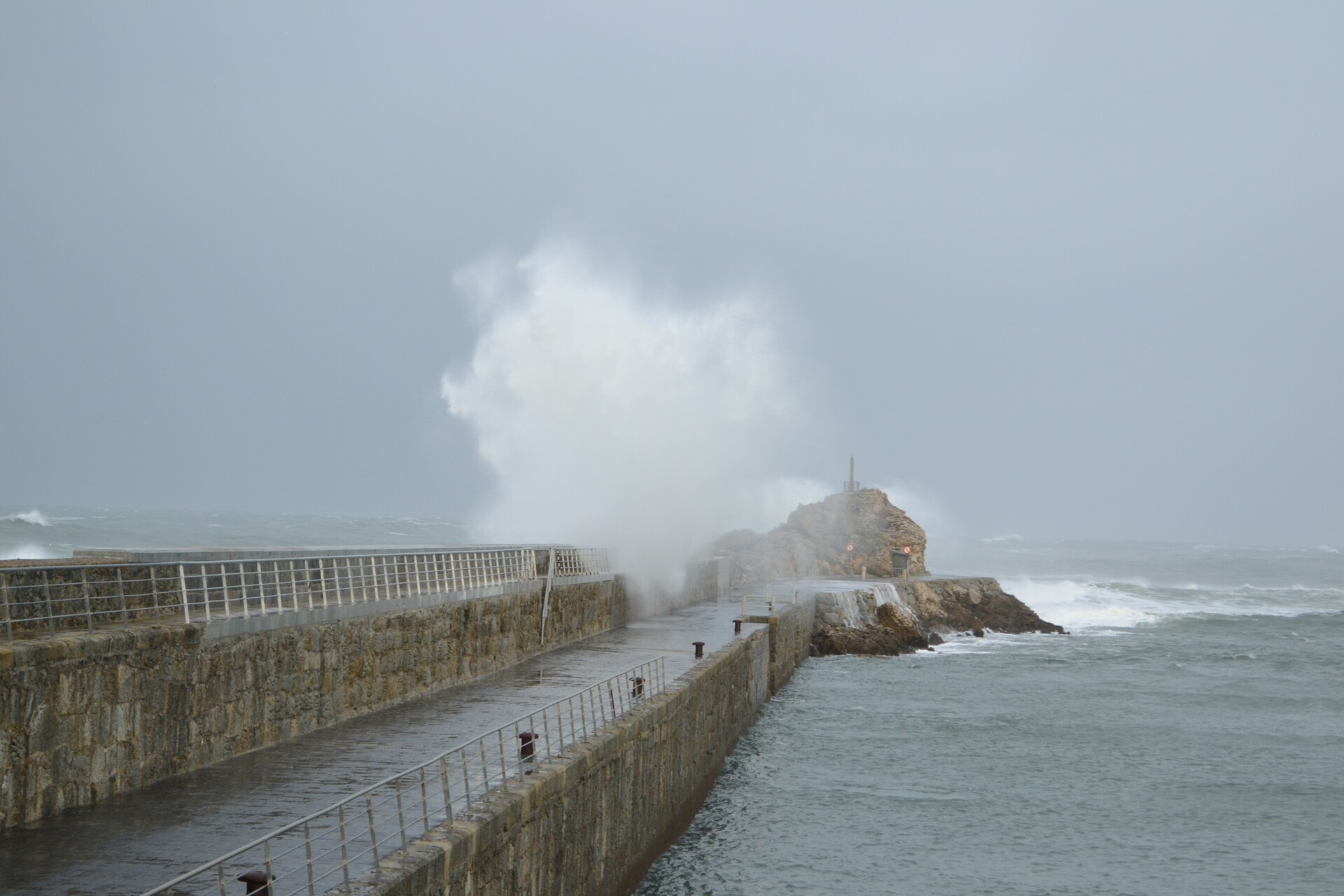NEWS
Artificial intelligence and climate change, themes of two courses with which IHCantabria will participate during the Port Week

These two courses are scheduled for September 6th and 7th, within the framework of the Port Week and in coherence with the actions of the Institutional Chair in Artificial Intelligence Applied to Ports, “AI Santander Port”. The registration period is now open.
This year, the Port Week, organized by the Port Authority of Santander, Puertos del Estado and the Menéndez Pelayo International University (UIMP) from September 5th to 8th at the Magdalena Peninsula (Santander), will focus on four themes aligned with the objectives of the Strategic Framework and of great transformational impact for the sector: digital transformation, climate change, port-city relations and innovation. The Port Week is designed as a meeting place for professionals, companies and organizations in the sector, as well as university students, entrepreneurs, startups, etc., interested in analyzing and reflecting on the present and future of port infrastructures.
The Institute of Environmental Hydraulics of the University of Cantabria(IHCantabria) will participate with the organization and development of two research courses on artificial intelligence and climate change, in its application to port facilities.
The first of the courses will take place on Wednesday, September 6th, and is titled “Do ports dream of automatic bots? Adoption and use of artificial intelligence technologies in ports”. Its purpose is to reflect on and discuss the adoption and deployment of AI in ports, as well as the scope and effects of the use of these technologies. Detailed information about the program of this course is available through the following link.
In charge of the direction of this course are Óscar Pernía Fernández, founding partner and technical director of NextPort, and Javier López Lara, Professor of Hydraulic Engineering at the University of Cantabria, and head of the Climate Risk, Adaptation and Resilience Group of IHCantabria. They are also co-directors of the Institutional Chair in Artificial Intelligence Applied to Ports, “AI Santander Port”. The course to be held within the Port Week will be the first academic event of the chair, which was officially born in April this year as an initiative of the Port Authority of Santander (APS), the University of Cantabria (UC), the UIMP, the Foundation Institute of Environmental Hydraulics of Cantabria (FIHAC) and NextPort by Moffat & Nichol, which aims to promote the use of artificial intelligence, and its repertoire of related technologies, as a lever to boost and accelerate the digital transformation of ports in general and Santander and its community. Nichol, which aims to promote the use of artificial intelligence, and its repertoire of related technologies, as a lever to boost and accelerate the digital transformation of ports in general, and in particular Santander and its logistics community.
The second course, scheduled for September 7th, will address “Risks, adaptation and resilience of ports to climate change”. It is directed by Íñigo Losada Rodríguez, Professor of Hydraulic Engineering at the University of Cantabria and Director of IHCantabria, and Álvaro Rodríguez Dapena, who holds a PhD in Civil Engineering and is President of Puertos del Estado.
This course will analyze the importance and impact of various measures adopted at the national and international levels to ensure that the impacts of climate change remain at controllable levels. For example, it will be explained why the Strategic Framework of the Spanish Port System establishes “mitigation” and “adaptation” to climate change as “general management objectives”, which have the triple status of being urgent, important and complementary. “Mitigation” refers to the reduction of greenhouse gas emissions by replacing fossil fuels with clean energies, while the term “adaptation” refers to actions aimed at avoiding or limiting the impacts, risks and effects of climate change. For more information on the characteristics of this course, access the following link.






